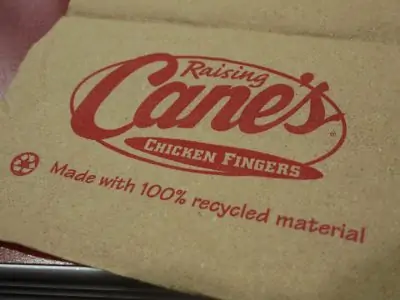Roughly 35.5 million Americans move each year. When you’re moving from one home to another, the process can be overwhelming. If your family has a new baby, it can escalate the stress level of the moving process. According to Upack, making a plan for before, after, and during a move with your little one can help you survive the moving process with a baby on board. Here are some tips that may help your moving process go as smoothly as possible.
Pack “First Day” Bags
Before the trip to your new home, prepare some bags with the things you’ll want to unpack first in your new home since you’ll be likely to need them right away. Home-related items include toilet paper, garbage bags, a phone charger, toothbrushes, toothpaste, a can opener, and an alarm clock. For the baby, you’ll need to pack diapers, wipes, a washcloth and towel, and some plastic bags for soiled diapers and other trash. Your baby will also need a few changes of clothes, snacks, and their favorite toys.
Schedule Child Care on Moving Day
Organizing activities on a moving day requires patience. To be sure everyone gets what they need, it’s a good idea to ask a caring relative to watch the baby while movers pack the boxes into the truck. If possible, the baby care squad could also be enlisted to keep the little one busy on the first day of unpacking. According to Moving, the baby’s room should be among the first boxes unpacked, so having someone to help the baby become oriented to their new surroundings is an ideal way to help the baby realize they are “home.”
Check Adoption’s Impact on a Surrogate Process
Thousands of women apply to be surrogates every year. If you’re waiting for a surrogate to give birth to your baby, check with the agency to be sure if an out-of-state move will be permitted as part of the surrogacy job agreement. According to American Surrogacy, a new home visit will be required before the baby can live in the new home. If a baby from a surrogacy agreement has been receiving Medicare or other government benefits, those benefits may be affected by an out-of-state move. Check with the surrogacy agency to discover any applicable laws of both states before finalizing the move.
Consider Implications for Adopted Babies
If your new baby is adopted, be aware your move could have legal implications. According to Nashville Parents, domestic adoption can cost up to $35K, so ensure your move won’t endanger that transaction. Check your adoption contract to ensure the baby can legally be moved out of state. Most of all, it’s essential that you consider the relationship established between the baby and their biological mother.
Bring Baby to the Doctor Before Moving
Bring your baby to their pediatrician before moving away. Their doctor will ensure the baby is up-to-date with immunizations. Any ongoing concerns will be monitored, and you can ask the doctor about care concerns shortly. It may also be possible that the doctor may know a pediatrician they can recommend.
Be Patient on the Road With Baby
If the distance between your present home and the new home will necessitate a road trip, be prepared for the rigors of that road trip. Babies can be fussy on long trips, so be ready with small nutritious snacks, favorite toys, and lots of “Baby Shark” recordings on your iPad or phone. Before leaving, plan for places you intend to stop during trips. However, no matter which stops you plan, be prepared to take some unexpected stops.
One of the first things you’ll want to do when you arrive at your new home is to “baby-proof” the surroundings. Hopefully, you will have packed socket covers, baby-proof cabinet locks, and a baby security gate. As you ensure your baby’s safety, those actions will reinforce the feeling that you’ve arrived at the perfect place for your family.







